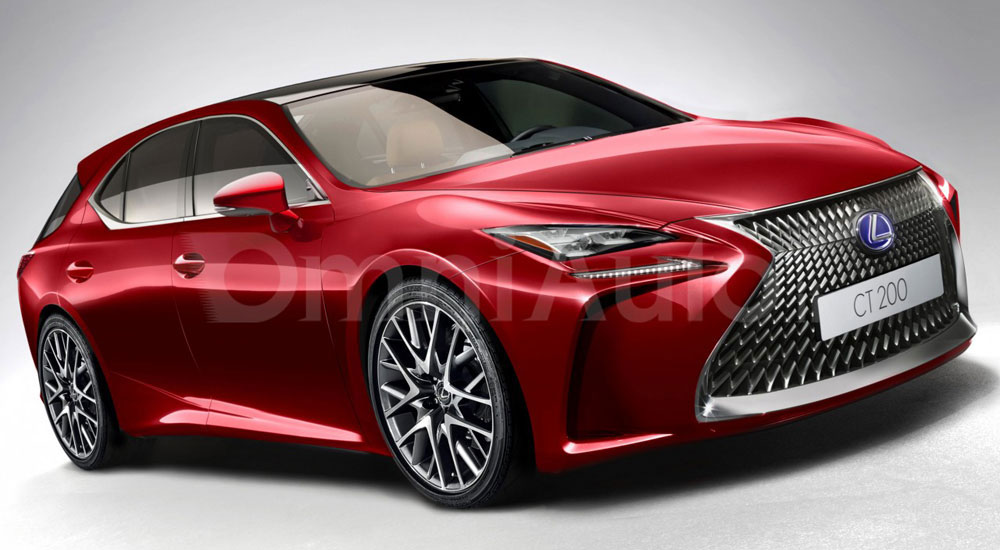maiaramdan
Expert
- Messages
- 1,836
- Reactions
- 1,423

View the original article postCould the hatchback make a comeback?
Tesla has yet to show that it can actually produce the vehicles it promises>many have ordered, but still wait for delivery. Other companies with far better production resources will overtake Tesla. I am convinced that TMC will meet and exceed the challenge.
Lexus should have kept the current CT with the new 2018 model refresh. We still would have to wait a year and 8 months (fall of 2019 for 2020 MY).
I wonder if North America will get the CT back -- any electric drivetrain that works in the CT should also work in the UX crossover. It's a while away, guess it will depend on the current market.
I wonder if North America will get the CT back -- any electric drivetrain that works in the CT should also work in the UX crossover. It's a while away, guess it will depend on the current market.
It puzzles me, how most here have ignored, the only reason Toyota is going to deal with BEVs is China.
https://www.reuters.com/article/us-...rce-toyota-into-electric-u-turn-idUSKBN17L1VC
Some advisors claim, plug-in EVs will change nothing, except for establishing China as the absolute dominant power in terms of global economy and geopolitics, because China controls rare earth metal supply. Most probably, EV and battery component material prices will skyrocket in the next years.
Only Chemical Industry can solve the environmental disaster problem. They suggest establishing necessary industrial production methods that will revert the results of the environmental disaster. Which means, energy fuel will be a byproduct of a self sufficient Chemical Industry.
I think, that's the target of economies, aiming to become self sustainable and therefore hydrogen societies, such as the Japanese.
Toyota already has everything in place if you look at the Prius Prime. Bump the battery size and do away with the engine, and we already get a BEV. I know because we have a RAV4H and it's been rock solid for the past two years.
possibly with double the density at lower costs?
Eventually, most car makers will shift to BEV if it means cheaper production costs (higher and higher CAFE requirements) and much lower warranty claims. I don't ever think the engine or transmission is a competitive advantage because lots of car makers outsource transmissions from partners anyway.
The losers in the BEV adoption are car dealerships but even then, they're not going to be deprived of maintenance and repair work but will just be able to upsell on still needless services a lot less.
